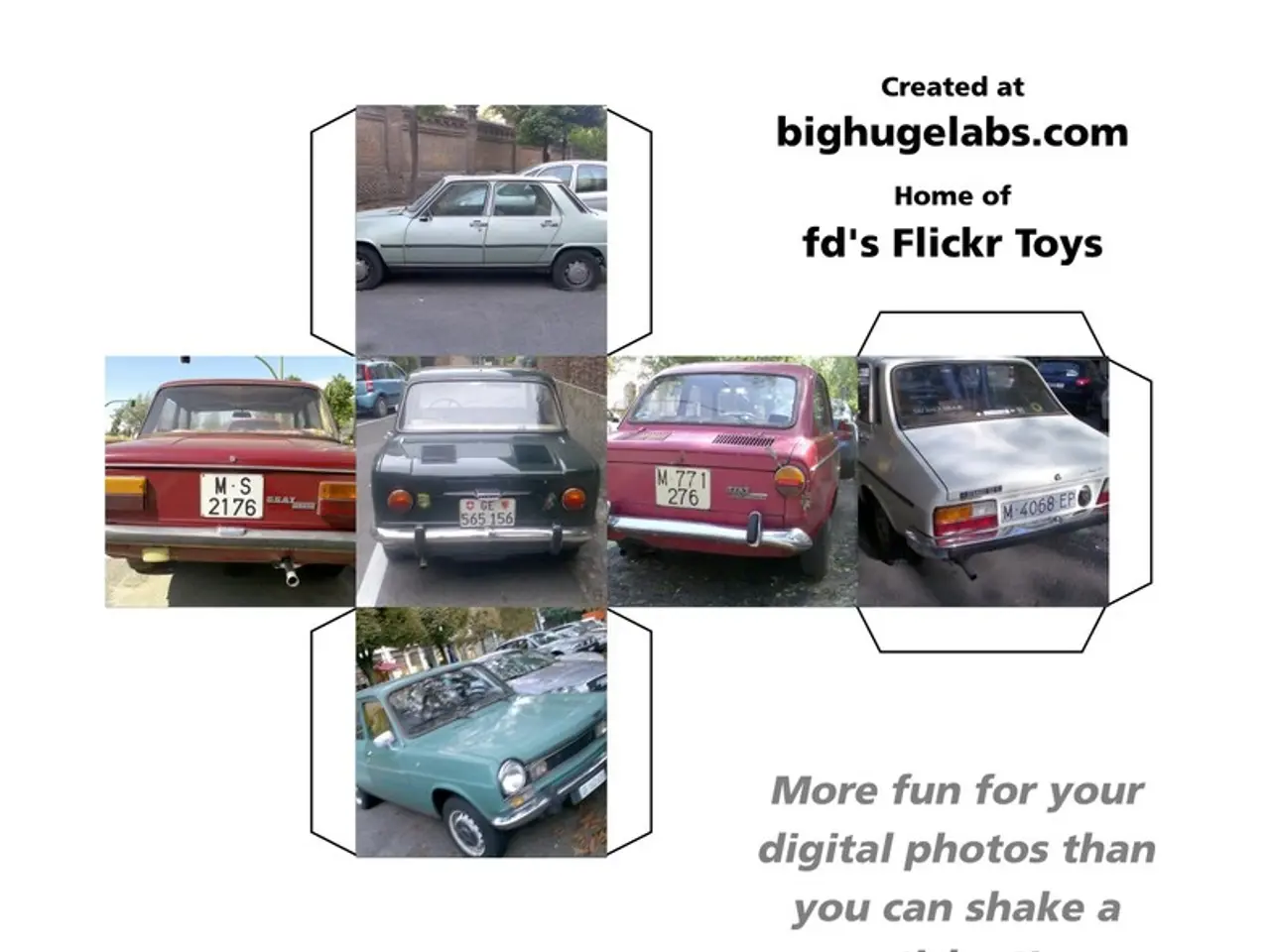- Challenging start to the year for the mechanical and automotive sectors
Thuringia's Industrial Sector: Mixed Results in First Half of 2025
Thuringia's industrial sector has shown a mixed performance in the first half of 2025. While the electrical equipment manufacturing sector experienced a remarkable 67.7 percent revenue increase, leading the region with earnings of approximately 2.27 billion euros, other sectors have faced significant challenges.
The machinery sector, for instance, saw a significant decline, with revenues plummeting by about one-fifth to 1.6 billion euros. This downturn was primarily due to persistent declines in demand from key customer sectors, including automotive manufacturing, compounded by supply chain disruptions, changing mobility trends, and stricter environmental regulations.
The automotive industry also felt the impact, with revenues decreasing by 12.1 percent, totaling around 1.73 billion euros. Employment in this sector declined by 5.4 percent, leaving just under 12,000 people employed.
On a positive note, the food and feed industry remained strong, earning around 2.21 billion euros in the first half of the year. The sector employed an average of 140,000 people across the 779 industrial businesses covered by the statistics, a decrease of 2.2 percent compared to the same period last year.
The industrial businesses in Thuringia concluded the first half of 2025 with a revenue increase, totaling around 18.8 billion euros. However, this growth was not evenly distributed, with the employment picture showing a different trend. The industry has been experiencing a decline in employment for the tenth consecutive month, with an overall decrease of 3,200 or 2.2 percent.
The employment situation was particularly dire in the machinery sector, where a decrease of 5.5 percent was recorded, resulting in around 15,000 people being employed.
These trends reflect broader challenges in the automotive industry faced by Thuringia, such as evolving market requirements and the impact of global supply issues. Major companies like Continental's ContiTech division have responded by closing plants in Thuringia, such as the Bad Blankenburg conveyor belt production facility, resulting in job losses and reduced industrial output in the region. Continental’s restructuring plan reflects a strategic shift away from traditional automotive components towards industrial solutions, driven by decreasing demand in automotive and lignite mining sectors.
In conclusion, while Thuringia's industrial sector has shown resilience in some areas, the machinery and automotive industries have faced significant challenges in the first half of 2025. The focus now shifts to how these industries will navigate the remaining months of the year and position themselves for future growth.
[1] Source: Various news outlets and industry reports.
Community policy should be implemented to address the employment decline, particularly in the machinery and automotive industries. Vocational training programs could be offered to enable the workforce to adapt to the strategic shift towards industrial solutions, aided by sports-related initiatives to promote teamwork and resilience.






